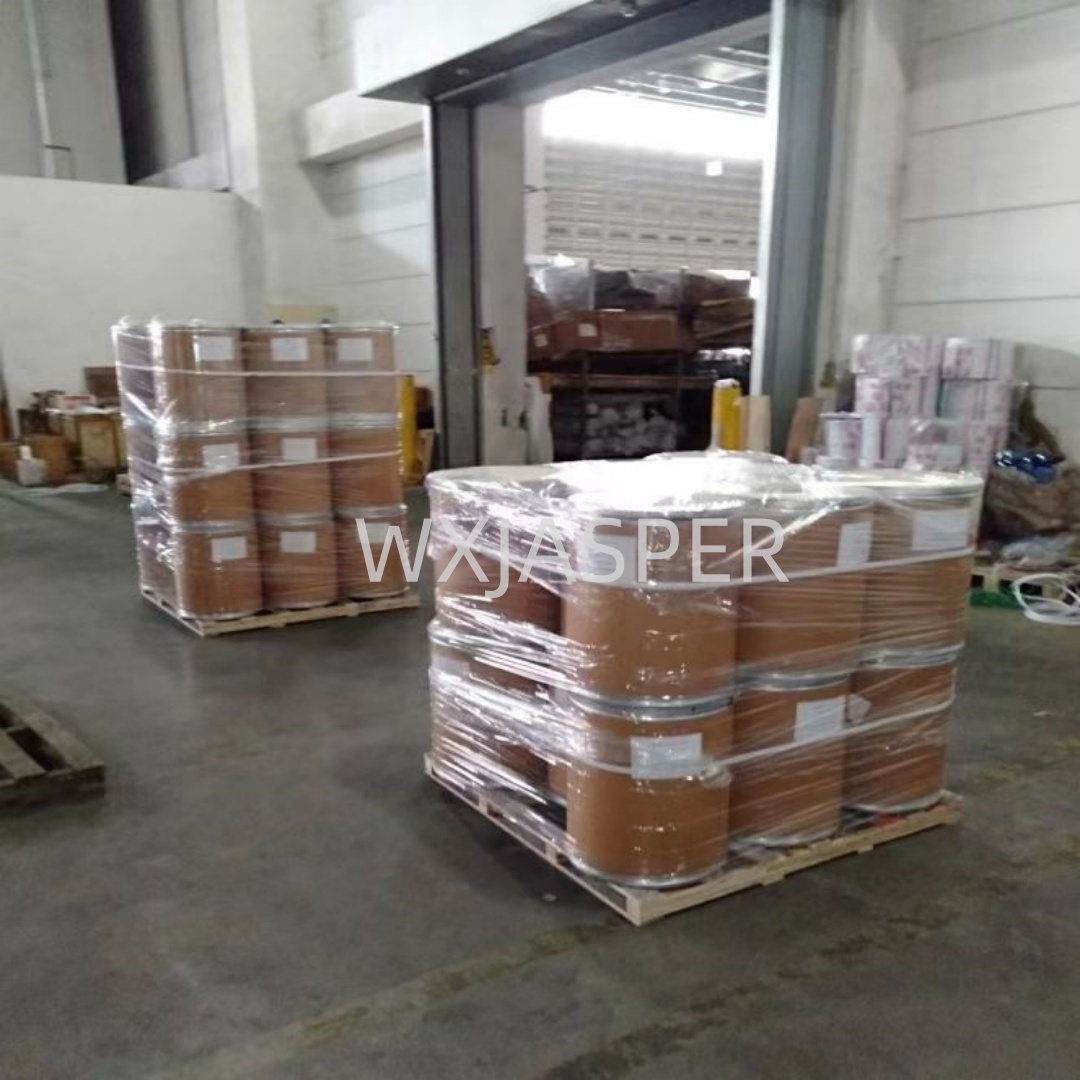Your Location:Home > Products > Solvents > Hypromellose Acetate Succinate



CasNo: 71138-97-1
MF: C10H22O9
Appearance: powder
Delivery Time: 15 days
Packing: 25kg/drum
Purity: 99%
Basic Information
|
Model NO. |
71138-97-1 |
Appearance |
Powder |
|
Color |
Colorless |
Purity |
99% |
|
Grade Standard |
Industrial Grade |
Specification |
25kg/drum |
|
Transport Package |
Drum |
Origin |
China |
Product Description
Product Name:Hypromellose Acetate Succinate
CAS No: 71138-97-1
Form: Powder
Product Application
Enteric Coatings: HPMCAS is widely used for enteric coating of tablets, pellets, and capsules to protect acid-labile drugs or prevent gastric irritation. It forms continuous, tough, and glossy films that dissolve rapidly in intestinal pH.
Amorphous Solid Dispersions (ASD): As a carrier for poorly soluble drugs, HPMCAS enhances drug solubility and bioavailability by maintaining drugs in amorphous form. It is particularly effective for drugs with low aqueous solubility.
Hot-Melt Extrusion (HME): The low Tg and good thermoplastic properties make HPMCAS suitable for HME processes to prepare solid dispersions without organic solvents.
Taste Masking: Used to coat bitter drugs and mask unpleasant tastes in oral formulations.
Enteric coatings: 5-15% w/w in coating solutions
Solid dispersions: 5-80% w/w of final product weight
Hot-melt extrusion: typically 20-50% w/w with drug
Packaging
25Kg/Drum
Storage
Store in a tightly closed container at room temperature in a cool, dry place. Protect from moisture and light.